Low-FODMAP diet
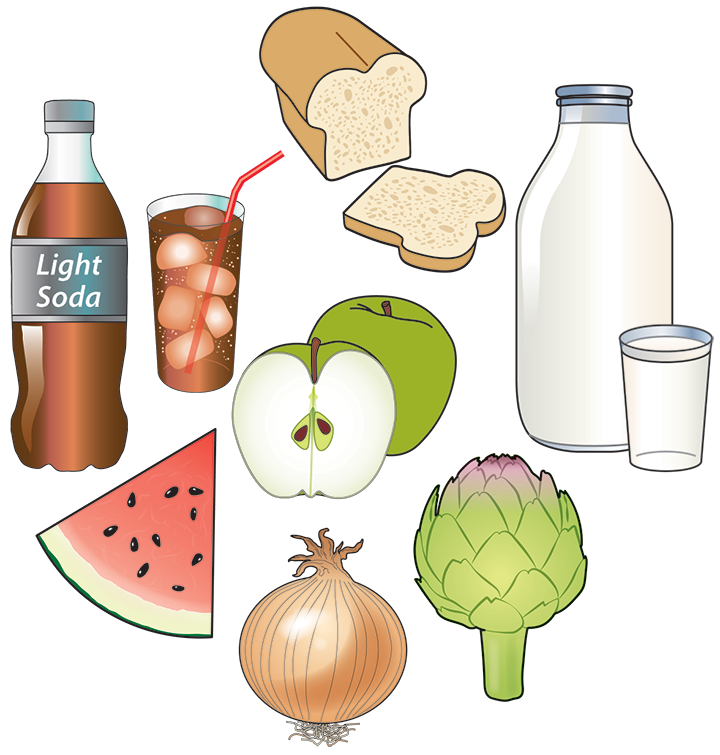
A low-FODMAP diet is low in a group of five sugars found in certain foods, which cause some people to experience bloating, stomach swelling, stomach pain, nausea, diarrhea, and constipation.
Fructose intolerance
Fructose intolerance happens when your body cannot absorb fructose from what you eat or drink.
Small bowel capsule endoscopy
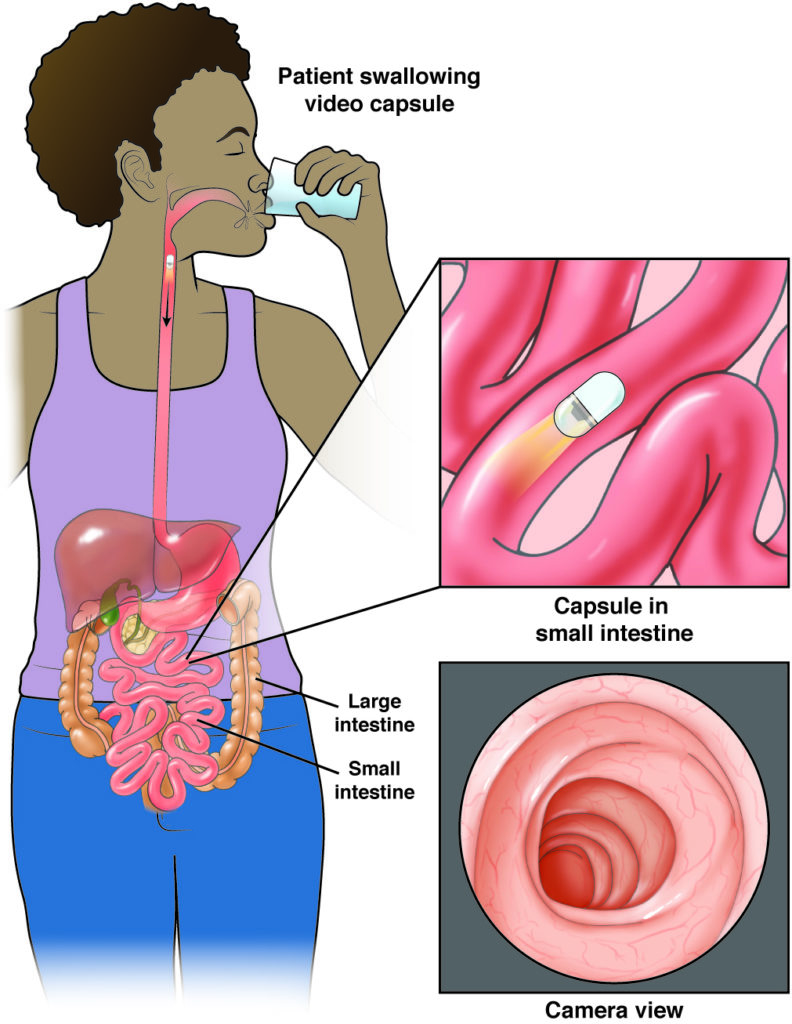
A small bowel capsule endoscopy is a procedure to view the small intestine by having the patient swallow a capsule the size of a large pill, which has a camera inside.
CT colonography
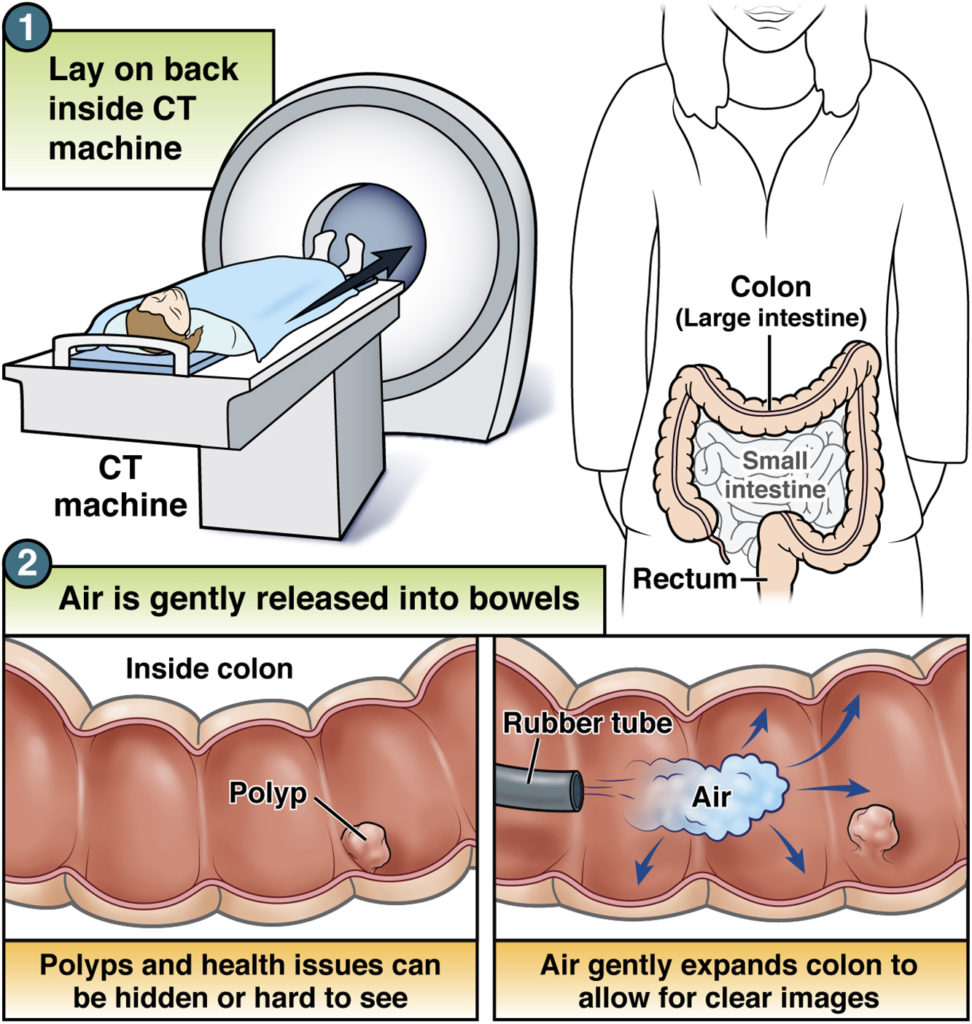
A computerized tomographic (CT) colonography, or virtual colonoscopy, is a procedure to check for health issues in the digestive tract, including colorectal cancer, using a CT scanner.
Endoscopy (upper GI)
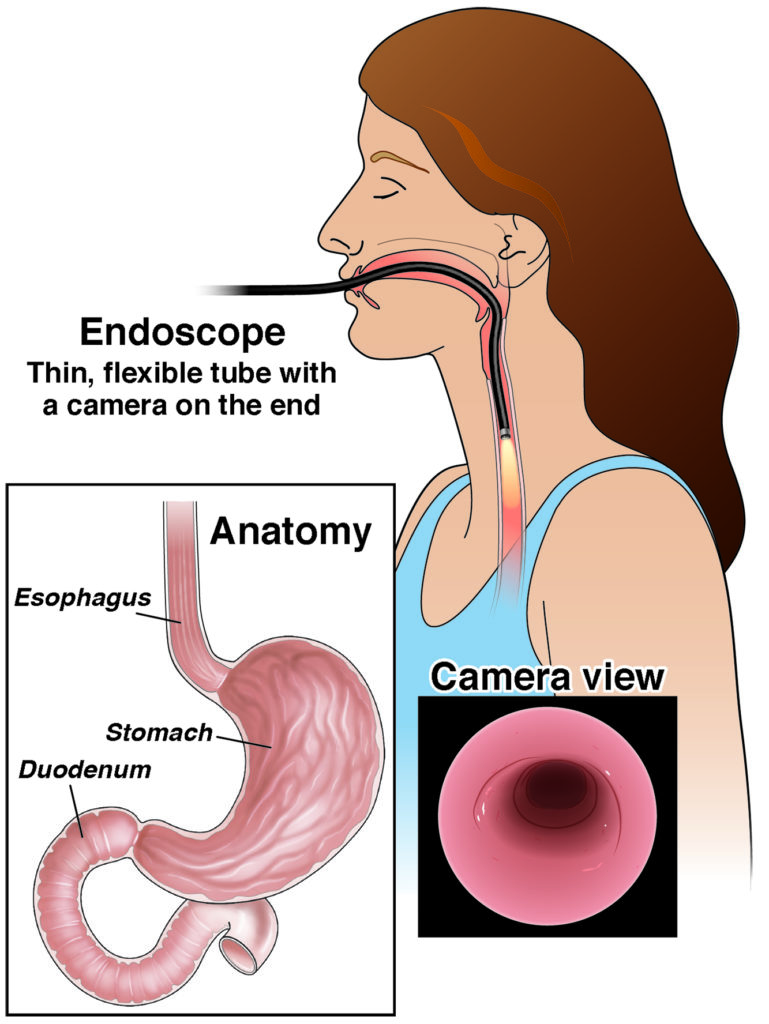
Upper GI endoscopy is a procedure to view the upper digestive tract, which includes the esophagus, stomach and beginning of the small intestine.
Colorectal cancer screening options
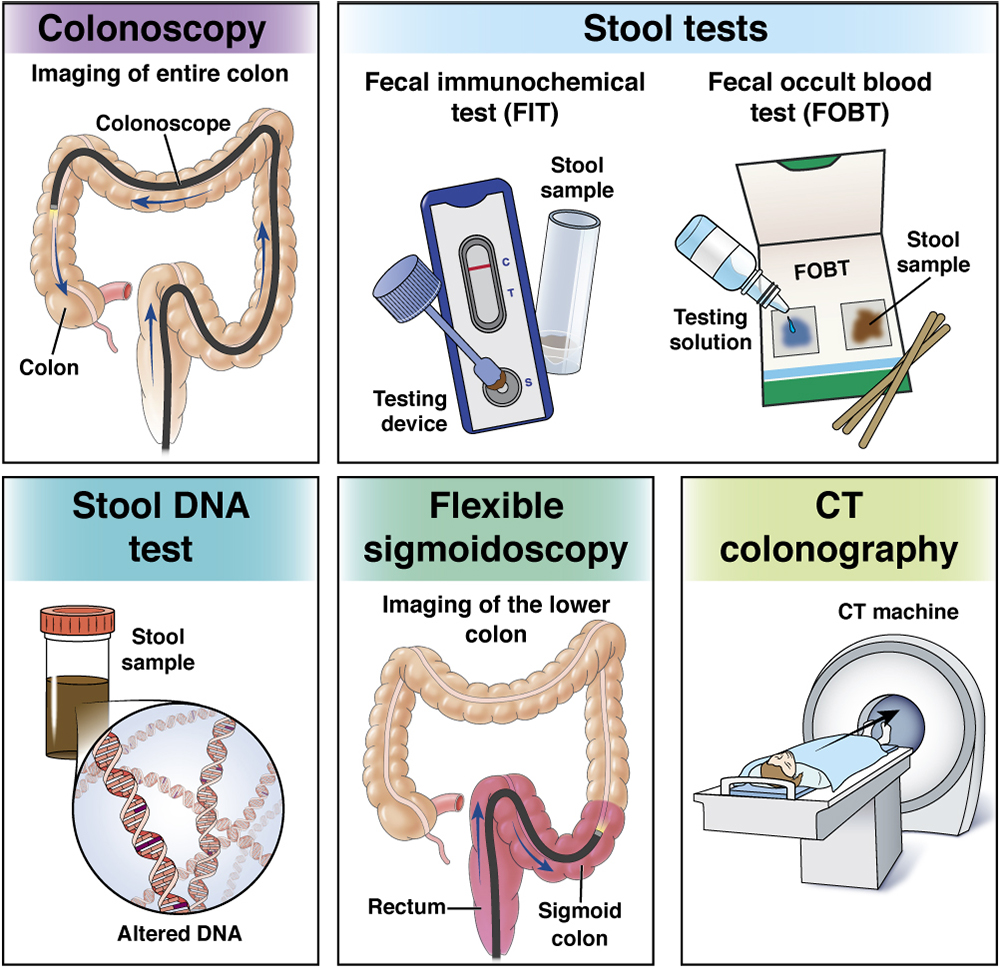
There are many test options to get screened for colorectal cancer (CRC). Talk to your gastroenterologist to find out which test is best for you.
Endoscopic ultrasound (EUS)
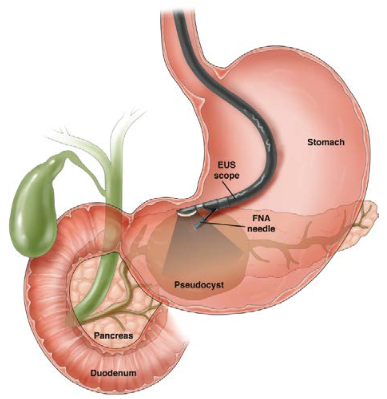
An endoscopic ultrasound is a procedure performed by a gastroenterologist, who uses a combination of endoscopy and ultrasound to look at the digestive tract and nearby organs and tissues.
Peptic ulcer disease
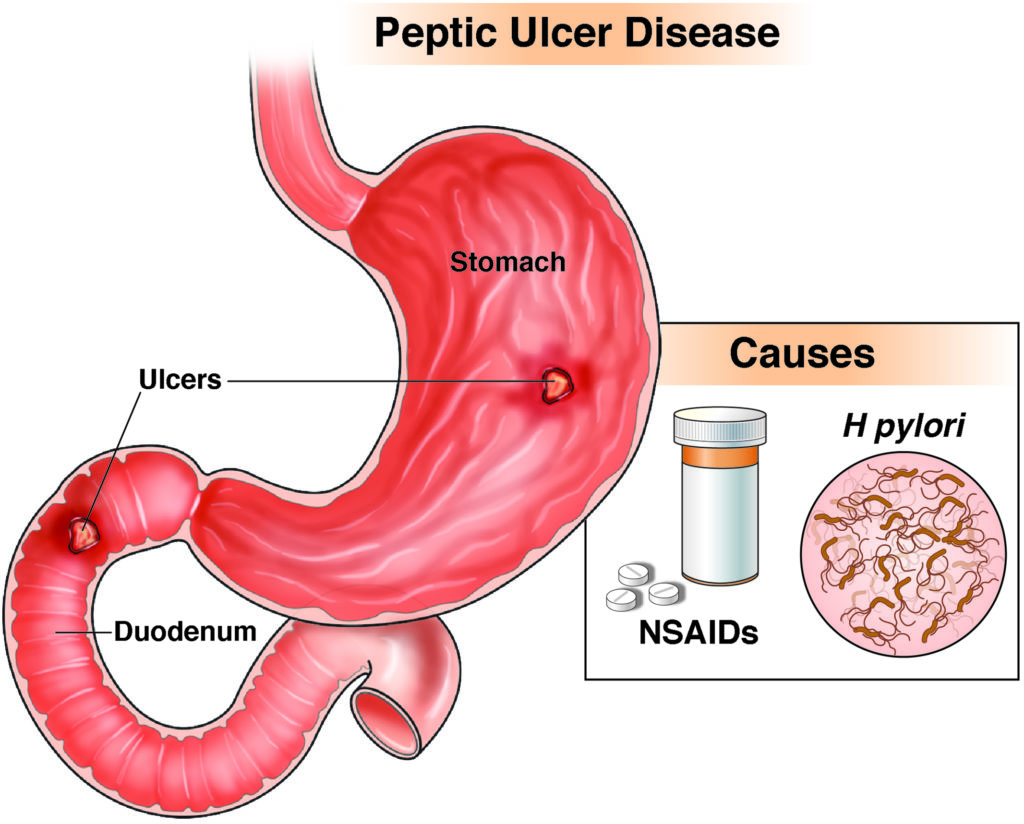
Peptic ulcer disease is the formation of ulcers in the lining of the stomach (gastric ulcer) or the first part of the small intestine, the duodenum (duodenal ulcer).
Pancreatitis
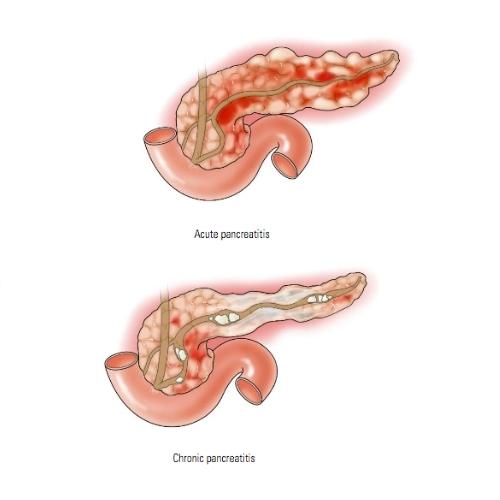
Pancreatitis refers to inflammation (swelling) of the pancreas. It is often caused by gallstones or heavy alcohol abuse. Both acute and chronic pancreatitis symptoms are similar.
Endoscopic retrograde cholangiopancreatography (ERCP)
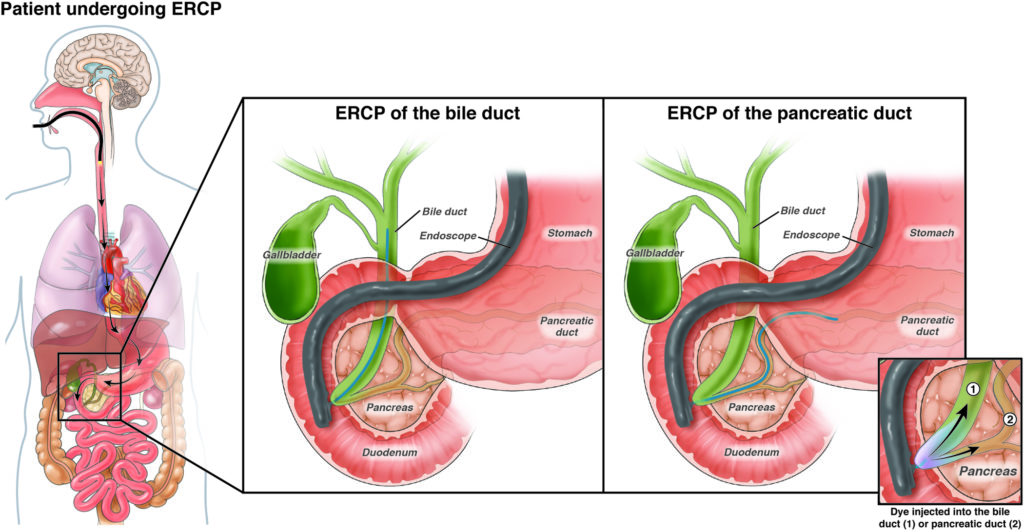
Endoscopic retrograde cholangiopancreatography (ERCP) is a procedure that uses endoscopy, x-ray and dye to view the biliary tract and pancreatic ducts and possibly treat issues there.
